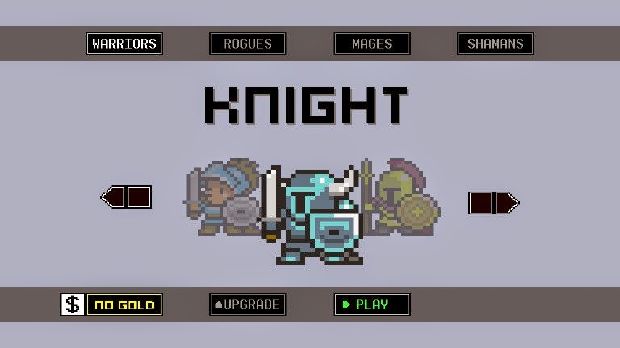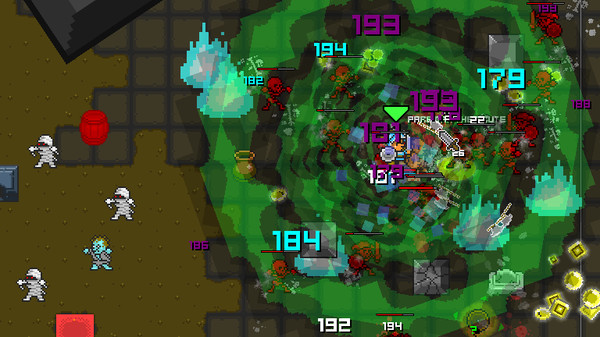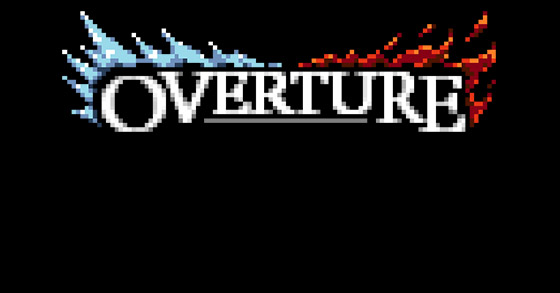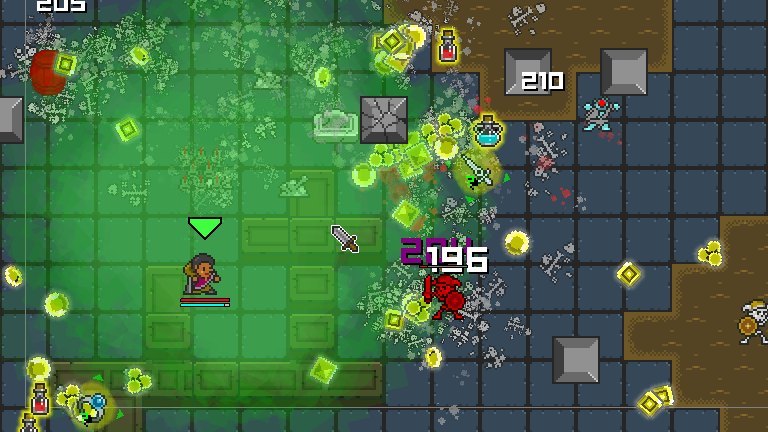Do you like 16-bit video games and dungeon exploration?
Do you enjoy playing Legend of Zelda and Diablo?
Did you answer yes to those questions?
If you did, Overture is the game for you.
Overture is an action-adventure roguelike which draws heavy inspiration from hits such as Diablo, Realm of The Mad God, Zelda, and The Binding of Isaac. Explore vast randomly generated dungeons and slay hordes of cunning enemies, find companions to fight with, and upgrade your characters!
I had the opportunity to talk with the Daniel Doan and Raghav Mathur who are the director and producer of Overture about the inspirations for the game and which 5 words best describes their dungeon exploring and enemy slaying adventure.
Joey Marrazzo: Overture has 24 character classes. How do you come up with each class and how is it better to give the player more choices than force them to play as a single character?

Daniel Doan: I sat down and brainstormed the initial four classes and implemented them. The rest of the classes slowly came to me over a period of a few weeks. I’d be eating dinner or something and a character idea might pop into my head–a few hours later there was a new character in the game.
Raghav Mathur: Letting players try a variety of characters really helps players bring out their strongest play-style. Some people might be super adept with a short-range melee hero, whereas others may play more successfully as an archer.
JM: A lot of independent developers choose to have their games showcased in the classic 8bit or 16bit graphics format, why do you think that is and why is Overture one of those games?
DD: To be blunt, retro graphics are just plain easier to create for indie developers working with tight budgets. When I created Overture I was looking to create a game that didn’t break the bank in terms of development costs, yet still looked aesthetically pleasing. Simplistic pixel art was a perfect fit.
RM: Overture also harks back to retro classics of the past, like old Zelda titles. The graphical similarities really help players relate to the game and feel as though they are taking a trip down memory lane.
JM: What made you want to create a rogue-like dungeon exploring, horde slaying type of game?
DD: I grew up playing dungeon crawlers and roguelikes-they’re deeply replayable and satisfying. Mowing down hordes of monsters never gets old. Exploration is also something that’s intrinsically very compelling, and so I wanted elements of that as well.
RM: We’re both big fans of the Zelda and Diablo series, and we love a good roguelike action challenge. Overture was something that we created having the vision of “Making a game that we ourselves would like to play” in our heads.
JM: This game started out as a Kickstarter. Do you believe Kickstarter is a great way for independent developers to raise the money they need? And is there any pressure to have the game be successful and not one of the many Kickstarters that may have failed to deliver on their initial promise?
RM: I think Kickstarter is definitely a great solution to the funding challenge. It makes backers feel like they are a part of the development process and their input is valuable. There is also something to be said about early adoption — letting players support the game before it is even out to the public (sometimes before it is even created!) gives those early adopters a feeling of intimacy and pride that they are responsible in part for the game’s success. There is definitely pressure on the creators to succeed, but I feel like any Kickstarter that wants to be successful needs a strong strategy, a vision and a clear plan behind it. The backers will see this direction and help the project succeed. In turn, these polished projects will become fully-fledged games. There’s a correlation between planning and preparation, backer enthusiasm and likelihood of success.
JM: When creating a game like Overture, it must be a little difficult putting together all the pieces and making sure that this is what you want it to be. When you would hit a wall in the creating process, were there any games or other types of media that would inspire you and give you ideas that would make the game better?
DD: When it comes to game development, everything is an inspiration. Art imitates life, and there’s inspiration to be found everywhere. That, and a whole lot of playing games in the same vein such as Diablo and Nuclear Throne.
RM: If we ever hit a wall we’d often turn to the games that inspired us to begin with, and sit down and play them. We’d bounce around ideas based on what we liked and didn’t like from those titles.

JM: If you had to sell Overture to the players with only 5 words, what would they be?
DD: Destroy monsters,dungeon after dungeon.
RM: Kick ass and slay monsters.
Thank you to Daniel and Raghav for taking the time to talk to me about Overture. If you enjoy exploring dungeons, slaying monsters and kicking ass, you should go buy Overture. It is available now on Steam for only $5.








Published: Jul 23, 2016 01:06 pm